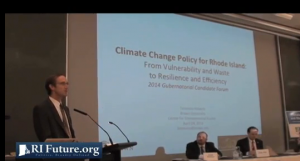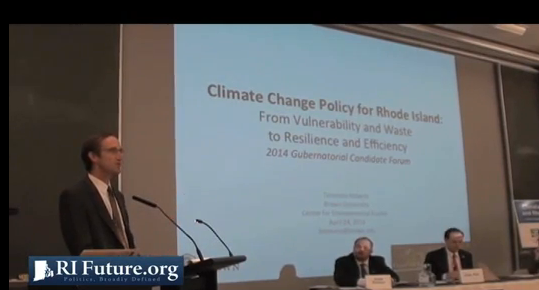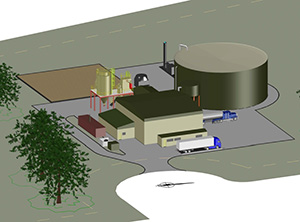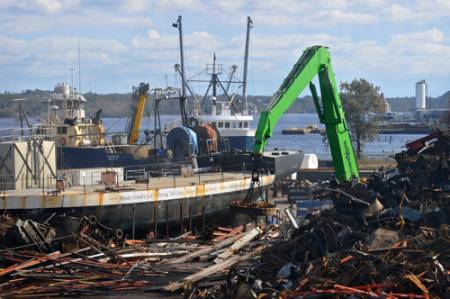
The four Democrats running for governor – but neither of the two Republicans – took advantage of an opportunity to express their views on climate change last week at a forum hosted by EcoRI and the Environmental Council of RI.
Clay Pell said he would start a green infrastructure program, Angel Taveras a state composting program and Gina Raimondo wants a revolving loan fund. Todd Giroux called himself the “homegrown, organic candidate.” Taveras cited his record as mayor of Providence. Raimondo said protecting the environment is part of being a Rhode Islander. And Pell was the only one to call attention to Republican intransigence on the issue.
“Absolutely the governor plays an essential role,” said Pell. “And I intend to make this state a real model for our efforts to address climate change.”
Here’s how he said he would do that:
You can watch his full comments here:
Taveras touted his record as mayor, saying he appointed good people to implement several programs with long term objectives.
You can watch his full comments here:
Raimondo also touted previous experience, saying pension reform was about sustainability and that the she would lead the effort to address climate change like she lead the effort to address pensions.
Watch her full remarks here:
Outsider and long shot Todd Giroux said the base of his campaign platform is a revolving fund for green jobs:
His full remarks:
The forum started with addresses by John King, a URI oceanography professor, and Timmons Roberts, an environmental studies professor at Brown. You can watch their portions here:
Or you can watch the entire forum here:








 EcoRI reports that Providence Mayor Angel Taveras has hired the longtime director of Clean Water Action, Sheila Dormody, to be the city’s first Sustainability Director. This hire is another impressive progressive hire by Taveras since taking office in January including: former blog godfather and SEIU/JwJ organizer Matt Jerzyk, trial attorney and Obama finance co-chair Jeff Padwa and AS220ist David Ortiz.
EcoRI reports that Providence Mayor Angel Taveras has hired the longtime director of Clean Water Action, Sheila Dormody, to be the city’s first Sustainability Director. This hire is another impressive progressive hire by Taveras since taking office in January including: former blog godfather and SEIU/JwJ organizer Matt Jerzyk, trial attorney and Obama finance co-chair Jeff Padwa and AS220ist David Ortiz.